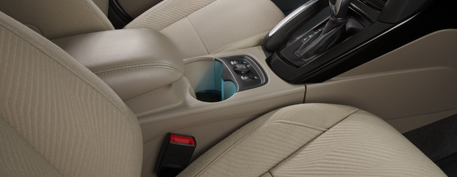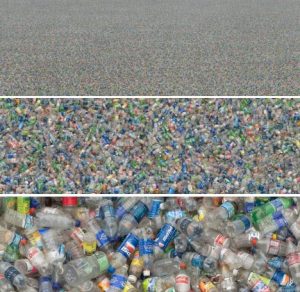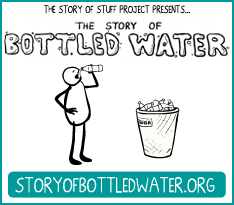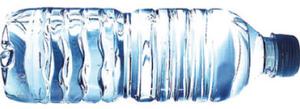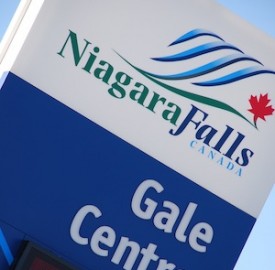 This week, Niagara Falls (Canada) council renewed its commitment to a bylaw first passed in 2009 that bans the the sale of water in plastic bottles on city-owned property.
This week, Niagara Falls (Canada) council renewed its commitment to a bylaw first passed in 2009 that bans the the sale of water in plastic bottles on city-owned property.
The food and beverage provider at the city’s new Gale Centre had petitioned council to allow it to sell biodegradable water bottles, but the request was denied. Council was, however, dismayed to learn that while their bylaw may prohibit the sale of plastic water bottles, it does not keep visitors from bringing their own containers onto city property–which then raised questions about the city’s recycling efforts.

